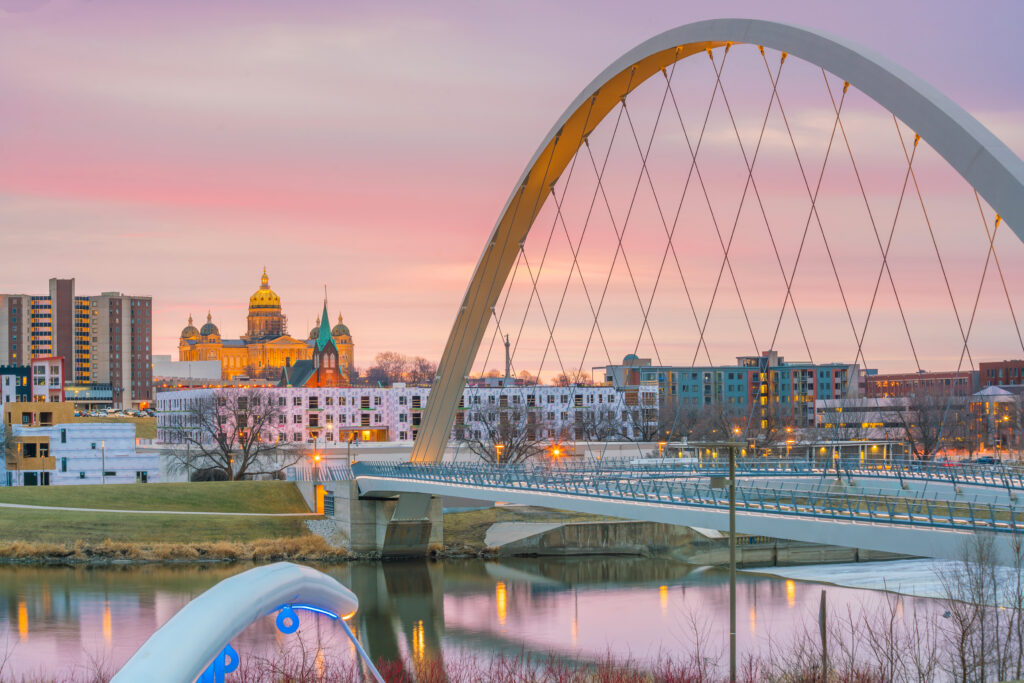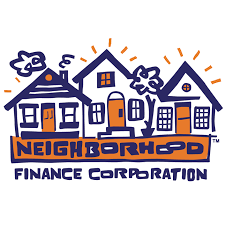They’re watching

We really don’t want cameras watching us everywhere – supermarket restrooms probably should remain a low priority – but if we’re willing to allow them in some places, busy intersections would seem to be a good choice.
True, it’s an easy way for cities to take in money without actually, you know, doing anything. If they thought they could get away with a fee for afternoon naps, they would go for that, too. Throw in some heartfelt YouTube tributes to city council members, and you would have the municipal version of the American dream.
However, when supporters of red-light cameras talk about safety, they have a point. Speaking from personal experience, intersections are where I have almost all of my crashes. Sixth and Day; Hubbell and University – ah, memories.
If tickets and fines persuade at least a few more of our citizens to obey the law, it’s a step forward. Tell you what, let’s keep giving the cameras a try, and if people continue to crash at the monitored spots, why then we’ll double the fines and give it another try. Eventually, if people keep crashing just to display their love of freedom and disdain for big government, we’ll drop the whole program. We can make up the financial difference with prepaid cards for left-hand turns. But maybe it doesn’t have to come to that.
A state legislator brought out the “big brother” argument the other day, and it is something to consider. Someone keeps track as we drive on the freeway and as we make transactions at ATMs. Our calls to companies are monitored for quality control, and our Web searches are fed into algorithms to determine our habits and preferences.
We would do something about this, but we keep forgetting to look up “algorithm” on dictionary.com.
Making an exception to absolute freedom here and there got us to this point, and yes, it is becoming difficult to leave the house without being flagged as a dangerous rebel on the federal government database. It’s not black helicopters you should worry about; it’s a check mark on a list you never see.
Courteous person that you are, you tell the checkout clerk your ZIP code and submit to airport searches. The next thing you know, a guy wearing a uniform is standing in your kitchen, jotting notes about trans-fat content.
These steps are gradual. Intersection crashes aren’t gradual at all; they’re sudden, and at that moment, sudden seems much worse than gradual. And noisy, too, which is a lot less fun outside of a movie theater.
I think we should have bars where people can smoke, and people who don’t want to go there won’t be required to. America is supposed to be the land of the free, not the land of the grudgingly cooperative.
But driving through red lights isn’t just bad for you and your passengers; it’s bad for the people you hit. All the world’s a stage, and you should refrain from shoving your fellow actors into the orchestra pit. It disrupts the story line.
No, we don’t need government to protect individuals from themselves, but we do need it to keep society from turning into the fifth grade all over again, where the guys with the worst judgment have the most influence.
We have lots of important issues to discuss and resolve. Why are we even bothering to choose sides on traffic rules? An activity that costs 30,000 American lives per year is probably not the best example of over-regulation.
I know you don’t like to be told to wear a seat belt. I understand that you don’t think the speed limit applies to you, because you’re special. But if you get the chance to avoid plowing into me some day, I hope you’ll take it.
Jim Pollock is the editor of the Des Moines Business Record. He can be reached by e-mail at jimpollock@bpcdm.com










